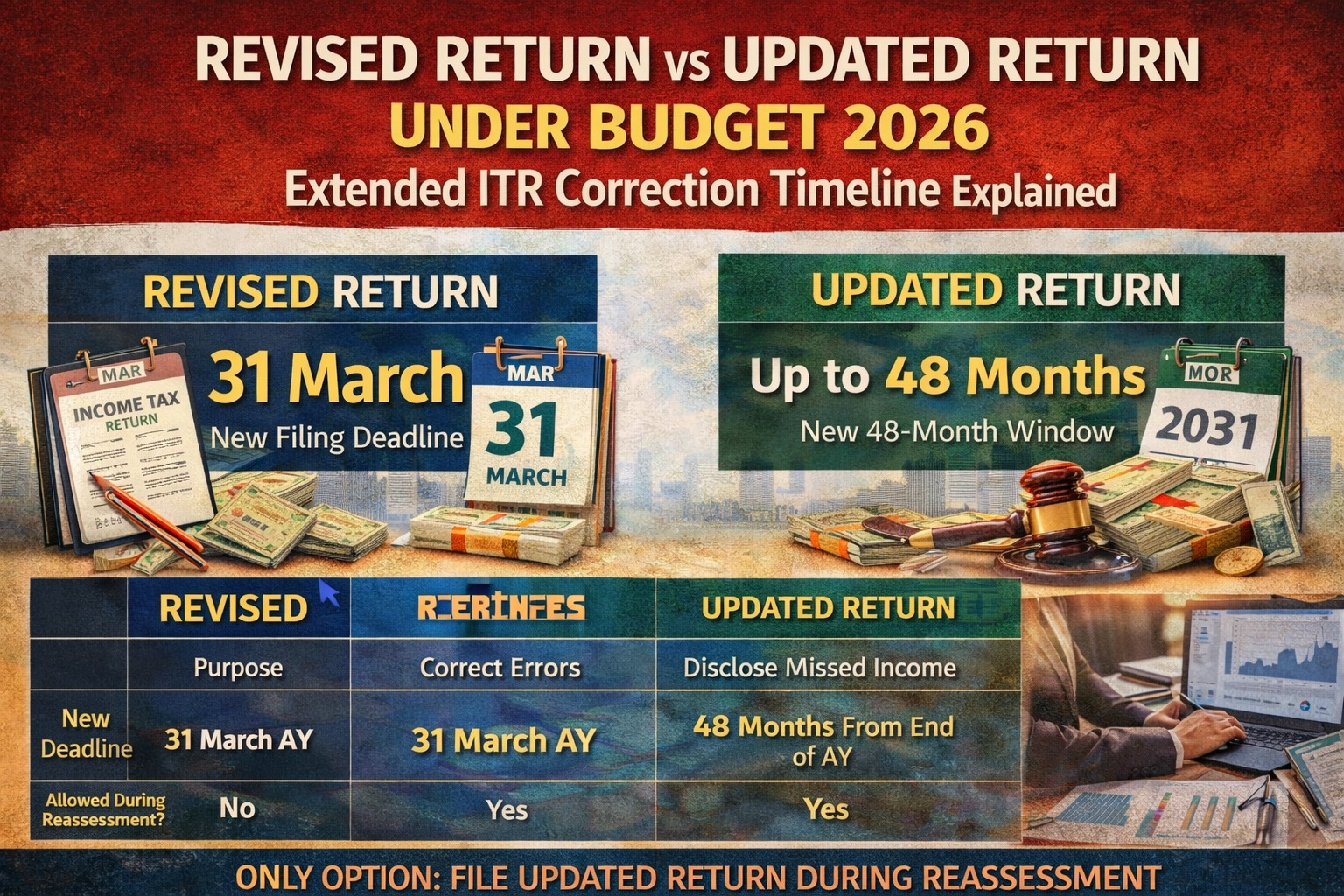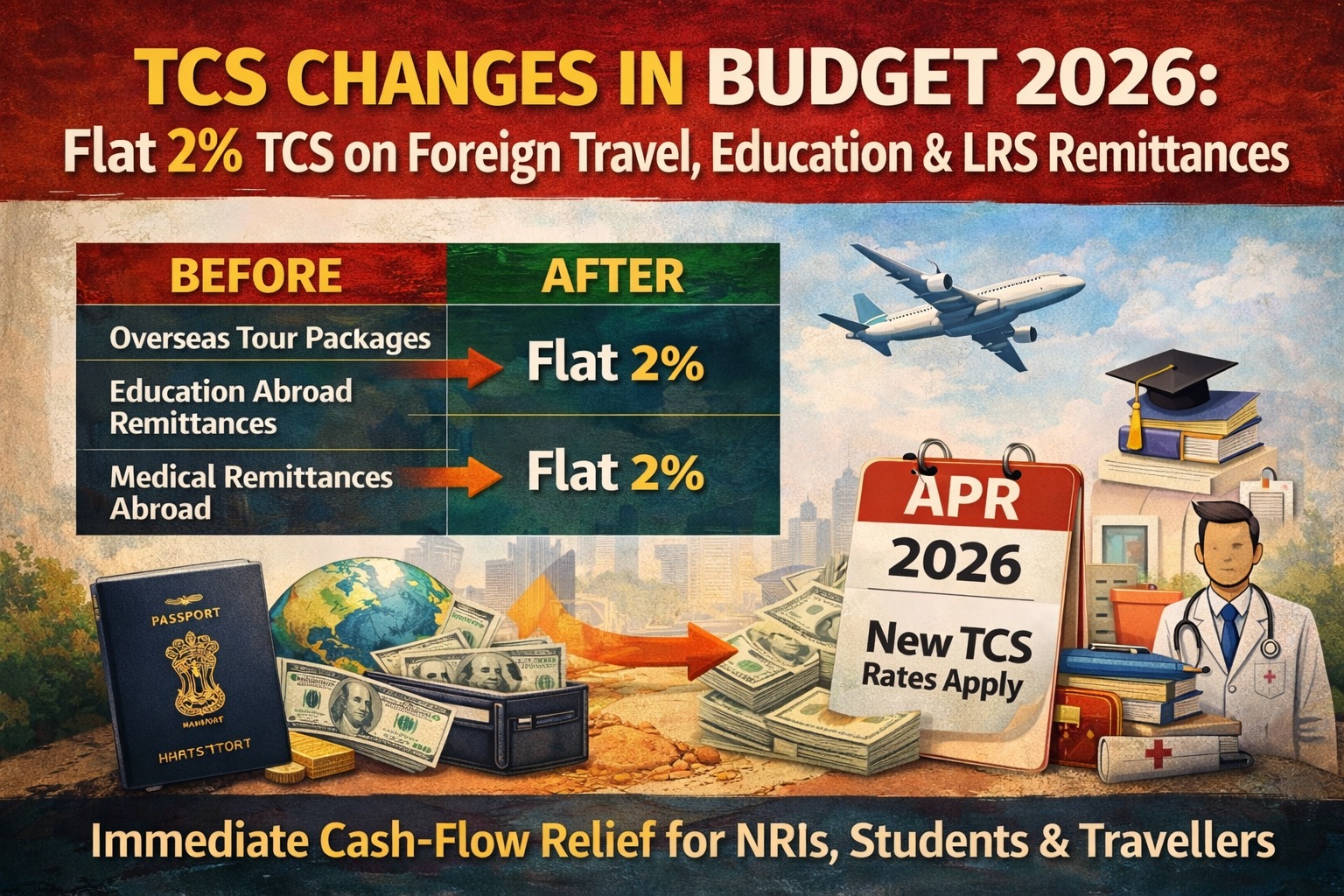 WhatsApp
WhatsApp
 Call Us
Call Us
 Email Us
Email Us
 Whatsapp Community
Whatsapp Community

For NRIs planning to return to India, managing foreign assets, tax obligations, and financial accounts is crucial. One such overlooked asset is the Health Savings Account (HSA) from the US.
An HSA offers tax advantages in the US, but when an NRI moves back to India, the tax treatment changes significantly. Without proper planning, you may face unexpected tax liabilities, compliance issues, and penalties.
In this guide, we cover:
Read on to make an informed decision and optimize your tax savings!
An HSA is a tax-exempt savings account in the US designed for medical expenses. To contribute, you must be enrolled in a High-Deductible Health Plan (HDHP). The key benefits of an HSA include:
Triple Tax Advantage in the US:
Funds Never Expire: HSA balances roll over indefinitely.
Flexible Investments: You can invest in stocks, ETFs, mutual funds.
Portable & Not Employer-Tied: HSAs stay with you even if you change jobs.
But what happens when you move to India? Let’s explore the taxation impact.
Phase 1: During NRI or RNOR Status
Phase 2: After Becoming a Resident & Ordinarily Resident (ROR)
Once you become an Indian tax resident (ROR), HSA taxation changes drastically:
Example: If your HSA grows by $5,000 per year, that income is fully taxable in India, even if you don’t withdraw it.
Non-disclosure of foreign accounts can lead to penalties under the Black Money Act.
Best Strategy for NRI Returning to India
Since HSA withdrawals are taxable in India, consider these alternatives:
1. Comprehensive Health Insurance in India
2. Fixed Deposits & Debt Mutual Funds
3. Emergency Medical Fund in INR
Plan ahead to avoid double taxation and make the most of your savings!
Navigating cross-border taxation & financial compliance is complex. At Dinesh Aarjav & Associates, we specialize in:







Stay in the loop, subscribe to our newsletter and unlock a world of exclusive updates, insights, and offers delivered straight to your inbox.